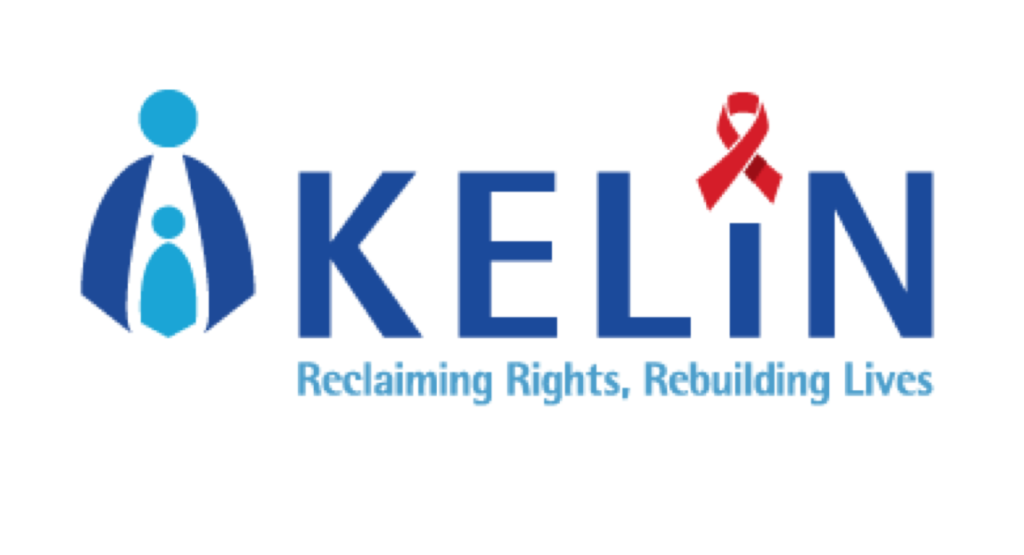On November 7th, 2024, KELIN joined national and county assemblies’ representatives, civil society organizations (CSOs) and development partners in Nairobi, Kenya, to reflect on the performance of county assemblies’ oversight functions thus far.
The meeting convened by Mzalendo Trust aimed to launch a report on the Performance of County Assemblies’ Oversight Function in Strengthening Devolution, 10 Years Later[1]. The report was premised on research on the domination of county executives on devolution leaving out the critical oversight role that county assemblies play as essential institutions overseeing the exercise of power and ensuring accountability within the devolved government system.
Dr. Conrad Bosire, the consultant who led the assessment and writing of the report, highlighted progresses, challenges and recommendations. The key areas of progress and successes by county assemblies include the establishment of systems mirroring national parliamentary structures, including specialized committees, effective enactment of county-level legislation demonstrates progress in fulfilling legislative mandates, increased facilitation of public engagement has strengthened democratic practices and prioritization of constituents’ development needs, resulting in tangible delivery improvements.
The challenges identified include limited technical expertise and high turnover among Members of County Assemblies (MCAs) that hinder effective oversight, unclear responsibilities between the Senate and county assemblies undermine accountability, control over assembly budgets by the county executive affects their independence, insufficient information sharing which restricts oversight capabilities and lack of a legal framework to enforce assembly decisions diminishes their authority.
“Despite county assemblies having progressively built their capacities to fulfill their functions and making significant strides in their oversight roles, they continue to face structural and systemic challenges in executing these responsibilities. If the executive cannot be questioned, what is the essence of devolution?” asked Ms. Natasha Kimani, Board Member, Mzalendo Trust.
“One of the teething problems that the report rightfully highlights is the competition between the Senate and the county assemblies as opposed to being complementarity.” highlighted Mr. Chris Omulele, Speaker, Vihiga County Assembly.
The recommendations proposed in the report include conducting assessments to identify skill gaps and collaborate with national agencies for training, advocating for increased financial resources to support oversight activities, supporting legislation for a separate County Assembly Fund, advocating for fair remuneration to enhance MCAs’ independence, establishing communication channels between county assemblies and the Senate and development of a legal framework to clarify oversight roles and support effective governance.
“We welcome the report which shall be key in strengthening KELIN’s mandate to hold all levels of national and county governments accountable for the implementation of quality, accessible and comprehensive services and protection of health-related human rights.” Elsie Milimu, Program Officer at KELIN.
To contribute to the discussions on this forum, follow KELIN on our website and social media platforms
Website: www.kelinkenya.org
Facebook: http://www.facebook.com/kelinkenya
Twitter(X): @KELINKenya.
For more information please contact,
Elsie Milimu,
Program Officer- SRHR, Kenya Legal & Ethical Issues Network on HIV/AIDS(KELIN),
Email: elsiemilimu@kelinkenya.org
[1] https://mzalendo.com/media/resources/Eye_on_County_Assemblies_Report.pdf

